School counsellors: Calls to fast-track rollout as youth suicide rates remain high
Parents are calling on the NSW Government to fast-track the urgent rollout of full time counsellors in all NSW high schools as youth suicide rates across the state are revealed. SEE THE STATS HERE.
Blacktown
Don't miss out on the headlines from Blacktown. Followed categories will be added to My News.
- HSC 2020: ‘Put your pens down … there’s been a bomb threat’
- NSW Teachers claim 8 times as much as NSW Police in workers compo
Desperate families are calling on the NSW Government to fast track the rollout of hundreds of counsellors and student support staff in high schools across the state, as suicide rates rise to their highest figures in recent history.
Newly released datasets by the Australian Bureau of Statistics’ Causes of Death study found NSW suicide rates were at their highest rates in the past 10 years at 937 deaths, while the youth suicide rate recorded the second highest levels in the past five years at 96 cases in 2019.
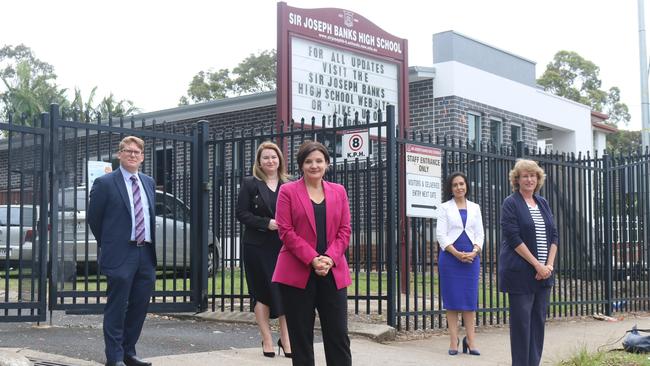
In the lead up to the NSW State Election, the government promised to invest $88.4 million over four years to provide every public high school with a full-time school counsellor, as well as 350 full-time student support officers.
Despite the rollout of more than 140 support staff and 25 counsellors since the government announcement, NSW Opposition Leader Jodi McKay, Shadow Education spokeswoman Prue Car and East Hills residents and mother-of-two Susan Boxall said more needed to be done to urgently roll out the promised mental health support in our schools.
“Counsellors support and analyse the mental wellbeing of students in our schools, which, if not addressed, can have a knock on effect educationally,” Ms Boxall told NewsLocal.
“Schools, students and their families are in desperate need the specialists that can identify concerns and issue in the classroom or at home and provide the opportunity for conversation.”
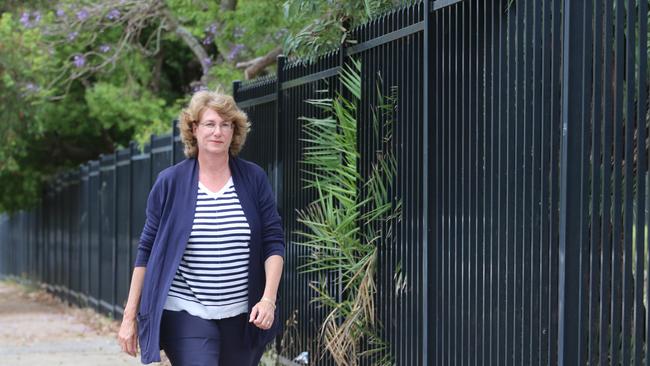
Ms Boxall said her son’s school just announced the loss of their full-time counsellor, with “no information as to whether or not they will be replaced”.
“There are desperate needs that must be addressed in our schools,” she said.
Opposition Leader Jodi McKay said the threat of drought, bushfire, flood, and COVID-19 to student mental health meant full-time counsellors present in all schools were paramount.
“Currently, there is one counsellor for every 740 children in NSW, which is truly shocking,” Ms McKay told NewsLocal.
“Mental Health support for young people crying out is only going to grow, and the government need to do more the incentivise more teachers to become counsellors.”
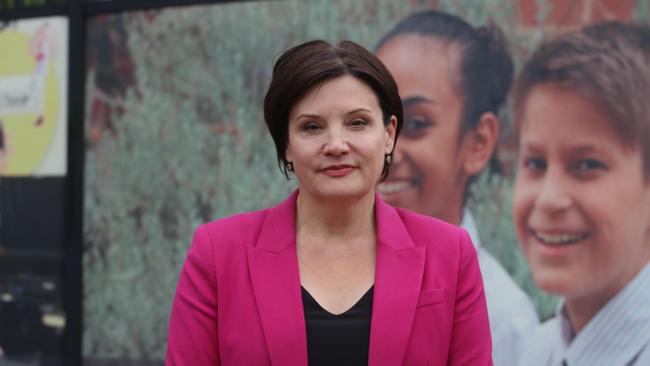
Ms Carr said she was concerned their weren’t enough educators with training in psychology waiting in the wings to answer the government’s call to fill the positions.
“These are degrees with very specific types of training, with studies over five years,” she said.
“There is already a shortage of these professionals in the industry and major shortfalls in our schools currently.
Education Department data revealed 25 school counsellor positions had already been filled, while a massive 147 student support staff members were already rolled out in schools across NSW.
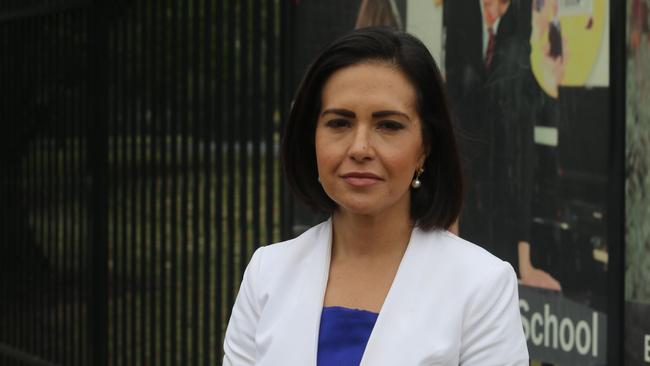
NewsLocal understands a second rollout phase of the counsellor program will see a further 50 positions filled from July 2021, while the remaining 25 will be allocated from July 2022.
A further 207 student support officer positions will be allocated to schools from mid next year, while the remaining 74 student support officer positions will be allocated to schools from July 2022.
In September, Education Minister Sarah Mitchell reassured parents there would be enough teachers trained in school psychologists to draw on over the next few years.
“Through the NSW Government’s sponsorship and scholarship programs, we will be
training up to 328 people to join the school counselling workforce between 2020 and
2023,” Ms Mitchell said.
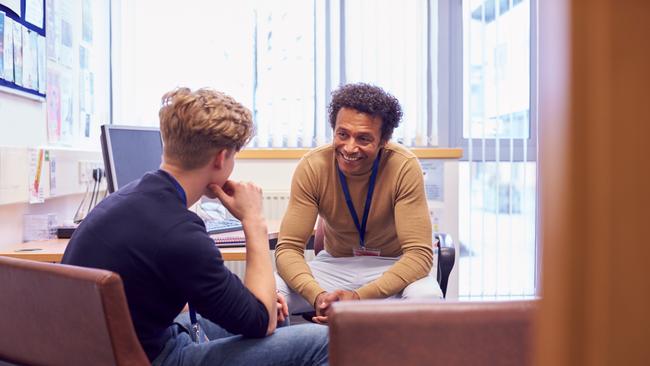
“Given the tough year that has been 2020, with bushfires, drought, floods and of
course COVID-19, it is more important than ever to enable highly skilled people to
enter this important profession through various pathways, a mix of external recruitment
and the sponsorship and scholarship pipeline.”
Ms Mitchell said several universities include Wollongong, Sydney and Charles Sturt were training teachers for the government commitment.

